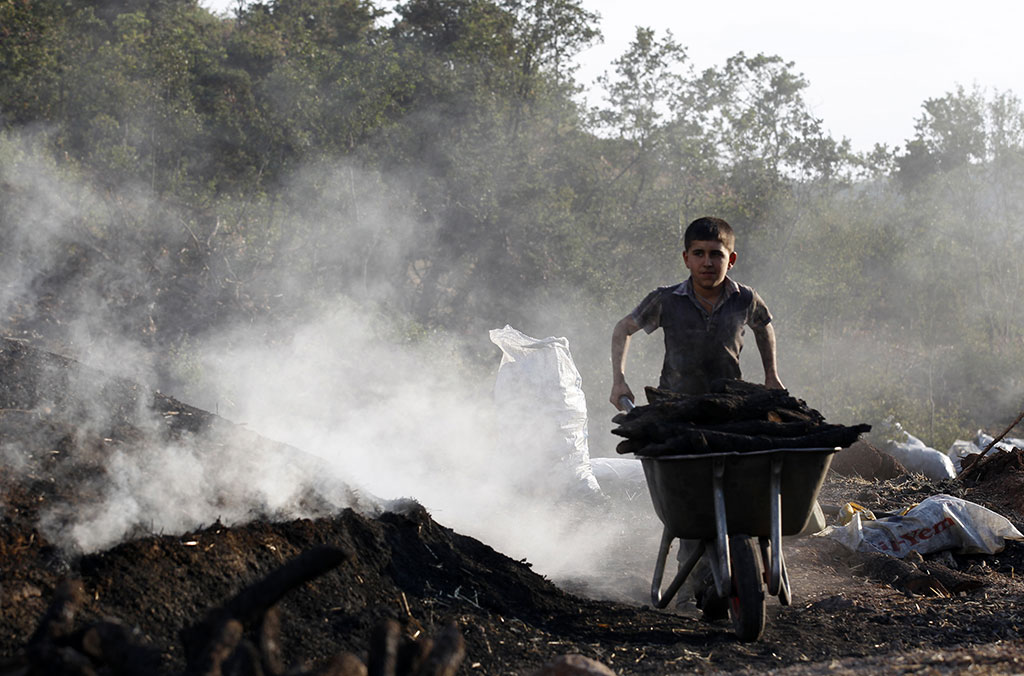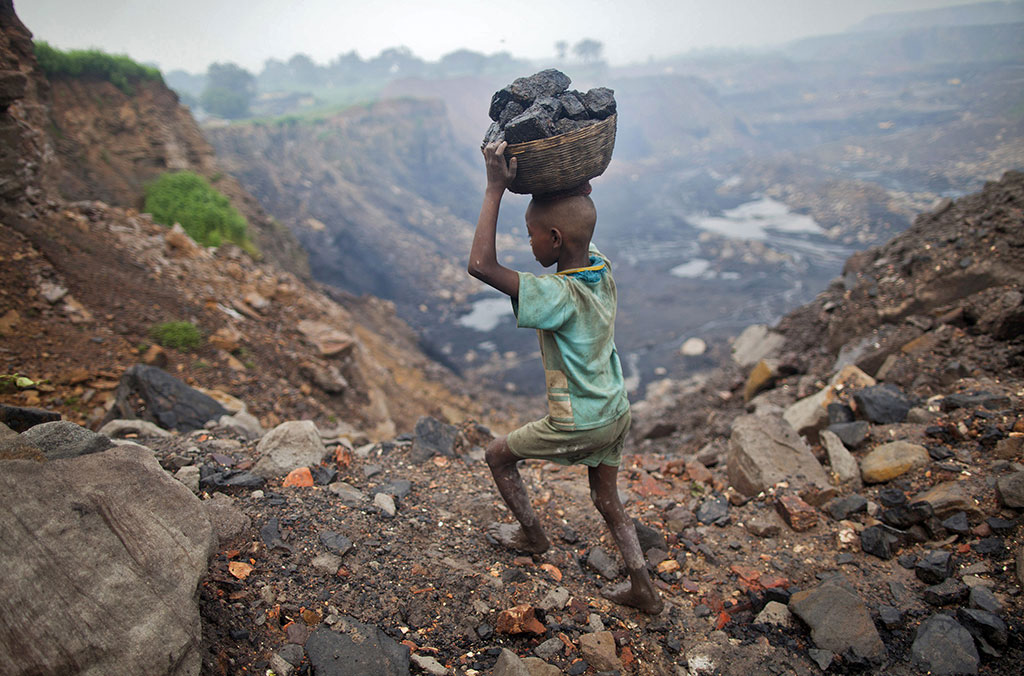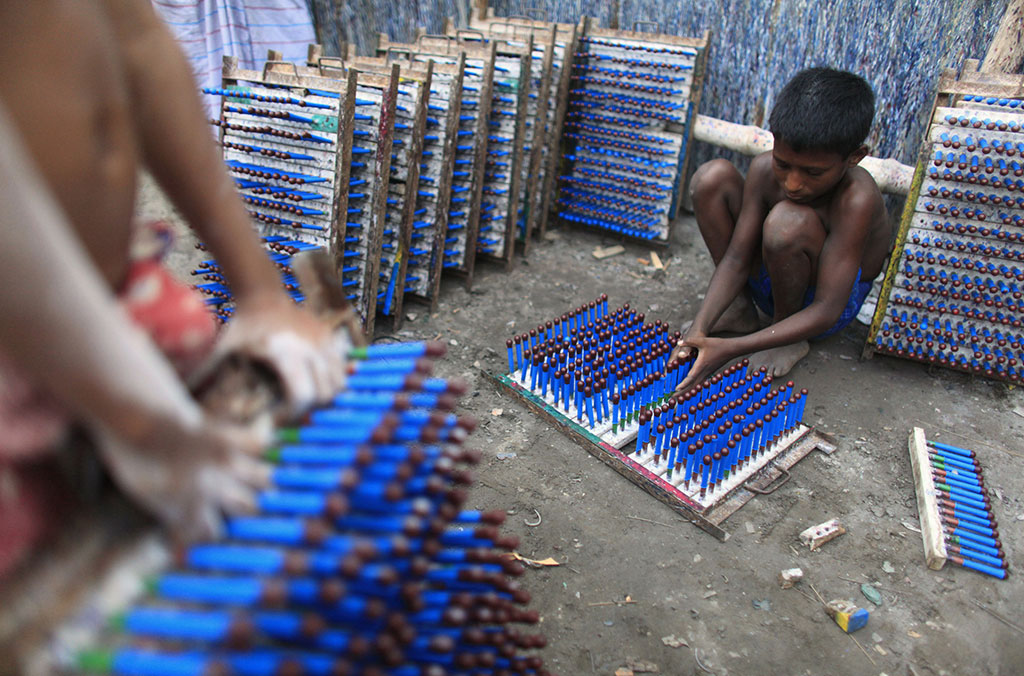LYON, France – INTERPOL is backing the first World Day against Trafficking in Persons to raise awareness of the millions of children, women and men forced into modern-day slavery each year.
Trafficking affects every region of the world either as a source, transit or destination country, with international criminal networks making billions in illicit profits from the victims of forced labour, sexual exploitation or being used for their organs.
As the world’s largest police organization, INTERPOL is ideally and uniquely placed to combat these crimes, whether through operations and projects or via its global policing tools for sharing information globally about offenders and routes.
“We have a shared responsibility to protect the most vulnerable members of society whose lives are effectively stolen as trafficking turns them into modern day slaves,” said INTERPOL Secretary General Ronald K. Noble.
“Victims are often too scared to escape or call for help, which is why INTERPOL is training law enforcement officers around the world to effectively identify, approach and interact with a human trafficking victim.
“Slavery is not compatible with humanity, and this first World Day against Trafficking in Persons is an important step in our collective efforts to stop these crimes,” concluded the INTERPOL Chief.
Examples of victims include women and girls who are made promises of work abroad, but once at their destination they are often forced into the sex trade. Men are also trafficked to work on illegal fishing vessels where they are forced to work and live in substandard, unsafe and unhygienic conditions without pay.
Through its Turn Back Crime campaign, INTERPOL is looking to engage the public in the fight against the global scourge of human trafficking, by raising awareness of the issue and the often hidden links with their daily lives.
“Human trafficking is a crime which has no borders, affects people of all ages and nationalities and can only be tackled by society as a whole, not just law enforcement,” said Mick Moran, head of INTERPOL’s Human Trafficking and Child Exploitation unit.
“For the organized crime networks involved in human trafficking, their victims are not people, they are profit, and we must work together to bring an end to these crimes and bring hope to the victims,” concluded Mr Moran.
With INTERPOL operations identifying children as young as six years working illegally in gold mines, cacao and coffee plantations, the Turn Back Crime campaign also aims to encourage the public to question the source of everyday products and to shop responsibly.






